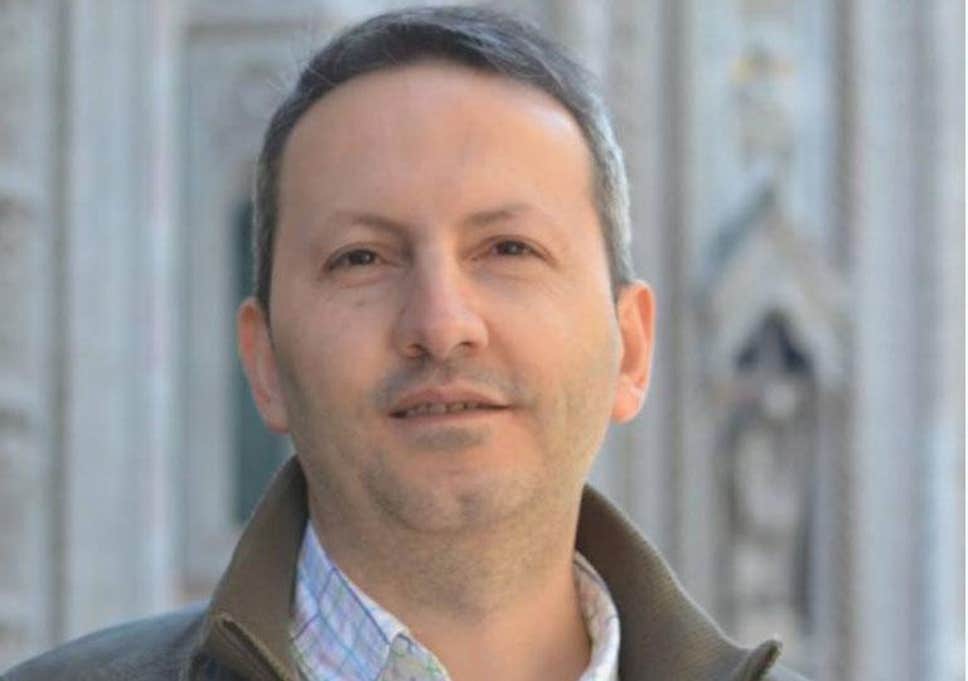The Iranian regime earlier this week released around 1,000 prisoners, in light of the health situation in the country, one of the first in the world to be affected after China.
However Ahmadreza Djalali, a guest lecturer at the Free University of Brussels (VUB), was not one of the thousand, according to Wies De Graeve, director of Amnesty International Vlaanderen.
Dr Djalali, who is mixed Iranian-Swedish, was a doctor and lecturer in disaster medicine at the Karolinska Institute in Sweden and a guest at VUB when on a working visit to Iran in 2016 he was arrested on suspicion of espionage.
Later, in October 2017, he was sentenced to death in what Amnesty called a “manifestly unfair trial”. According to the association, which campaigns on behalf of political prisoners, he had been forced to confess by the use of psychological torture and after spending three months in an isolation cell.
Amnesty called repeatedly for his release, but without success.
Last month 10,000 prisoners were released from Iranian prisons to mark the Iranian New Year, while this month’s releases concerned foreign prisoners, including British and Americans. However because of his origins, the regime does not consider Dr Djalali a foreigner.
In any event, nothing has been heard of him.
“In this case no news is bad news,” said De Graeve. “Most importantly we know that the coronavirus is rife in Iranian prisons. If Ahmadreza were to be infected that would be extremely dangerous given the state of his health. And that, while as an expert on disaster medicine, he would be perfectly suited to helping battle the pandemic.”
This is not the first time Dr Djalali’s health has given cause for concern.
“His condition has not changed as far as we know and remains poor," said De Graeve. "He has still been sentenced to death and his health is still poor." Amnesty continues to plead his case and keep him in the public eye, he said, because that seems to be the only reason Dr Djalali has still not had his sentence carried out.
Alan Hope
The Brussels Times

